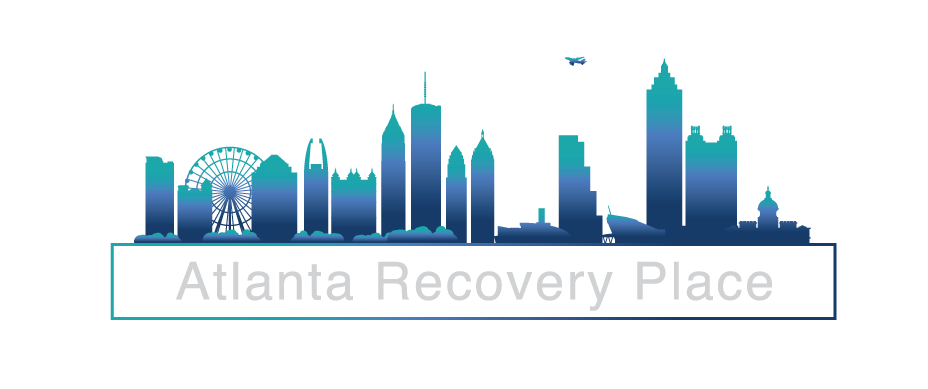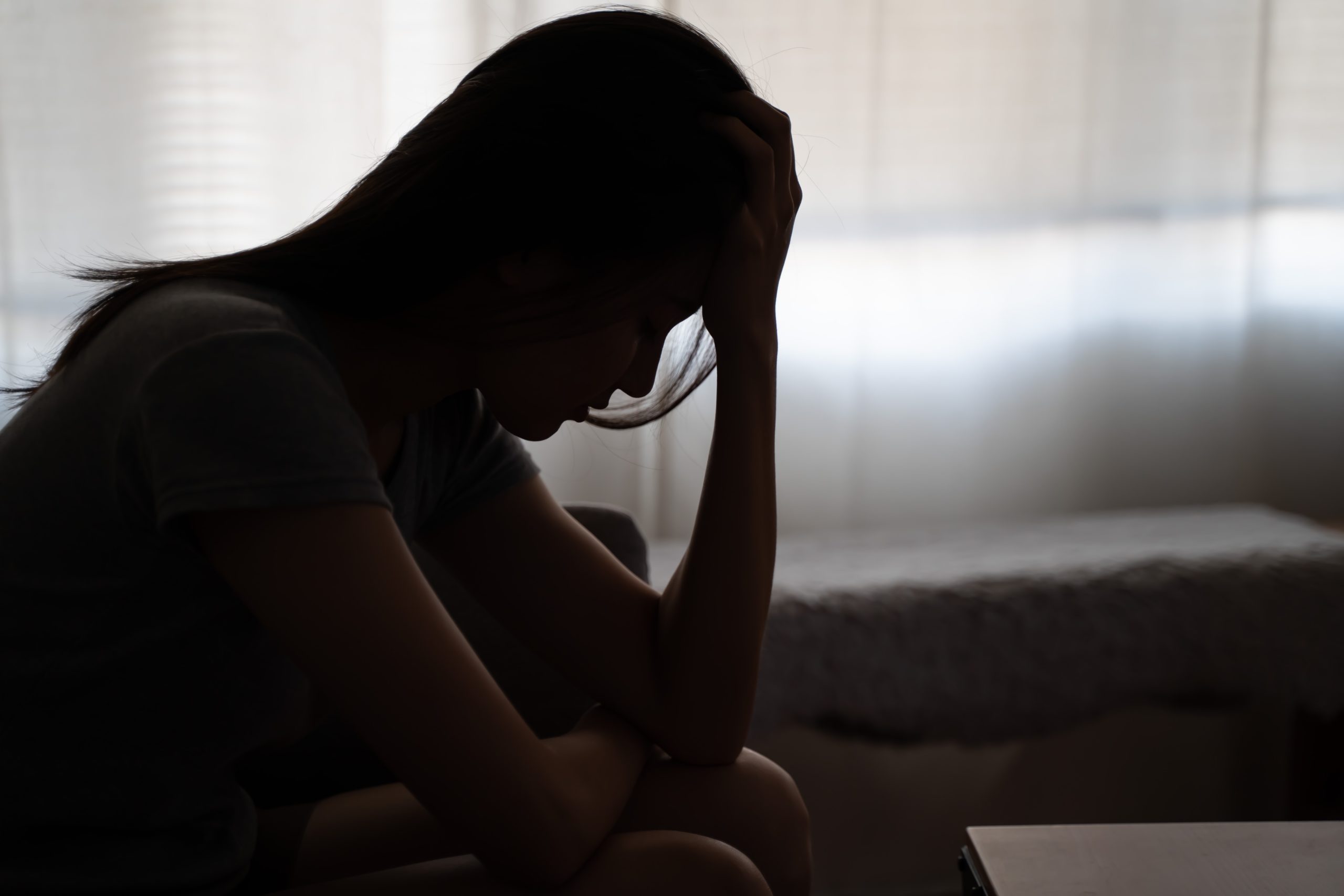The impact opioids have had on the United States over the last 20 years has created increasing problems for medical and professional support staff. Opioid Addiction concerns have been recognized nationally and labeled an epidemic in the United States. Because of the prevalence of opioid addiction, it is critical for individuals and loved ones to be aware of the signs of opioid addiction and the dangers that can occur.
Atlanta Recovery Place is a Georgia drug and alcohol rehab designed to support the mental and behavioral health of individuals struggling with substance use disorders. Our facility helps clients identify problematic thinking and work to achieve behavioral health goals that support their physical and mental health. Through Atlanta Recovery Place, we are working to provide multiple pathways for recovery and successful sobriety.
To learn more about the signs of opioid addiction and how Atlanta Recovery Place can support your recovery, speak with a professional today.
What Drugs Are Opioids?
Sometimes it can be challenging to identify certain drugs, especially with discrepancies between generic and brand name medications. However, knowing what the drug does to the body can help individuals decide which drugs fall into which classification.
Opioids block opioid pain receptors and are most commonly classified as painkillers. These drugs can be found naturally or synthetically, altering the strength and compounds. Both synthetic and natural opioids can be prescribed as medication and found illegally.
The most common prescription opioids include Hydrocodone (Vicodin), Oxycodone (OxyContin, Percocet), Oxymorphone (Opana), Morphine (Kadian, Avinza), Codeine, Fentanyl, Hydromorphone, Tapentadol, and Methadone.
Illegally, apart from a vast market of illegal prescriptions, individuals have access to heroin and fentanyl. Fentanyl is found both legally prescribed and illegally created because of its synthetic nature.
What Are the Signs of Opioid Addiction?
Opioid addiction is an epidemic in the United States. More statistics show varied data but consistently consider that approximately 10.1 million people 12 and older have misused opioids in the past year, while 9.7 million individuals misused prescription drugs.
Opioid addiction can present in a number of ways, and individuals may experience a number of different symptoms related to use. However, individuals who misuse prescriptions often participate in one or more of the following behaviors and often experience problems within their personal, work, or social lives.
When opioid misuse occurs, individuals typically fall into one of three categories—too much, the wrong way, or the wrong reasons.
Individuals who misuse opioids by taking too much may take more than prescribed or more frequently. In both scenarios, this individual would be at a greater risk of addiction to the narcotic because of the excess amount of drugs in their system.
For individuals who fall in the wrong way category, this can mean that they are altering the form of the drug taken or taking the prescription with contraindicated substances. Examples of this misuse include crushing pills to speed up the effectiveness and taking the medication with alcohol or other drugs.
Lastly, individuals who take the drug for the wrong reason are usually using the prescription to get high instead of for its intended medical purpose. These individuals are especially susceptible to addiction because the amount, timeframe, and necessary monitoring are not in place.
How Do Opioids Impact the Body?
Opioids impact the body by depressing the body systems. This means that individuals who frequently use opioids will often have slower response times, difficulty reacting quickly, unclear fine motor skills, and may even experience weight gain as a result of slowed bodily functions.
Opioids also directly impact the brain. Opioids initiate a reward response, including an influx of dopamine to the system. This can trigger cravings for the drug, instigating long-term use and addiction.
How to Find Opioid Addiction Treatment in Atlanta, GA
Atlanta Recovery Place is a Georgia addiction recovery center that supports clients through every step of addiction and recovery. Individuals who are struggling with opioid addiction can find traditional and alternative therapies at our community and family-based resource center. At Atlanta Recovery Place, we understand the struggles of addiction and the common issues with recovery.
In addition, our expert staff is familiar with and capable of supporting clients with a number of substance use disorders and behavioral health concerns. Finally, our facility provides clients with many opportunities through varied programming that works with the client’s schedule, including telehealth, interventions, and sober living. To learn more about combating the signs of opioid addiction and our outpatient drug rehab in Georgia, speak with a member of our admissions team at Atlanta Recovery Place today.





